Meditations on Jewish Creative Identity Representations of the Jewish Artist in the Works of German-Jewish Writers from Heine to Feuchtwanger
-
- Englisch ausgewählt
77,40 €
inkl. MwSt,
Lieferung nach Hause
Beschreibung
Details
Einband
Taschenbuch
Erscheinungsdatum
19.12.2003
Verlag
Peter Lang Group AG, International Academic PublishersSeitenzahl
234
Maße (L/B/H)
22/15/1,3 cm
Gewicht
340 g
Auflage
03001 Auflage 1. Auflage
Sprache
Englisch
ISBN
978-3-03910-152-8
Weitere Bände von North American Studies in Nineteenth-Century German Literature and Culture
-
Theodor Storm: The Dano-German Poet and Writer von Clifford A. Bernd
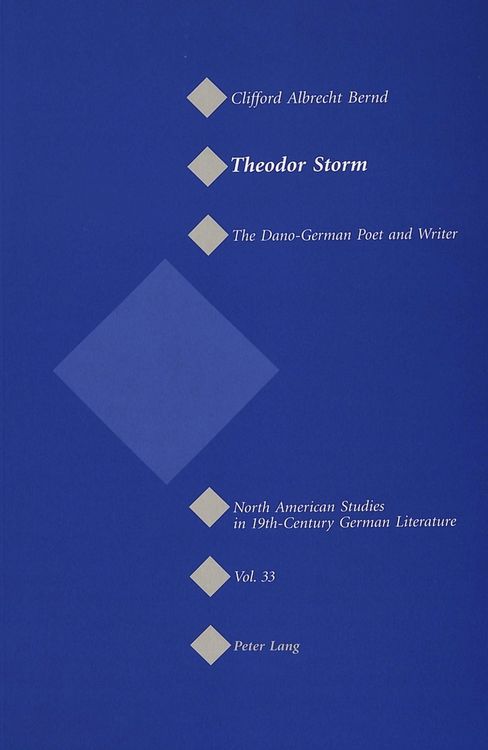 Band 33
Band 33Clifford A. Bernd
Theodor Storm: The Dano-German Poet and WriterBuch
81,70 €
-
Meditations on Jewish Creative Identity von Helen Ferstenberg
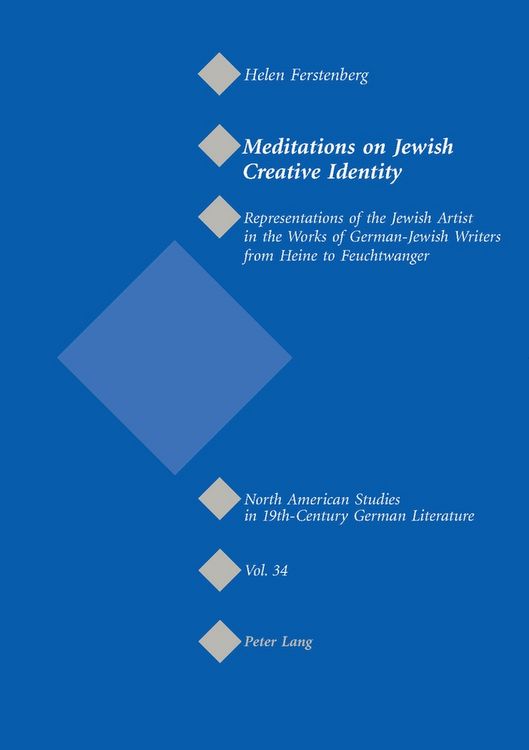 Band 34
Band 34Helen Ferstenberg
Meditations on Jewish Creative IdentityBuch
77,40 €
-
The Art of Comedy and Social Critique in Nineteenth-Century Germany von Rinske Pritchett
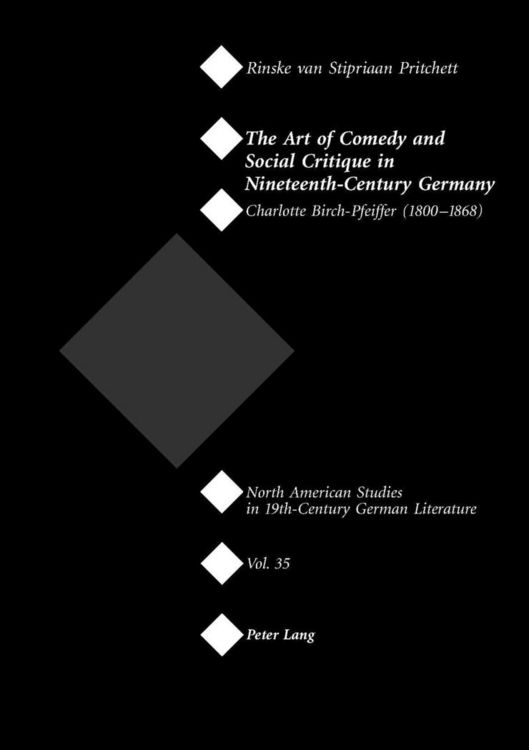 Band 35
Band 35Rinske Pritchett
The Art of Comedy and Social Critique in Nineteenth-Century GermanyBuch
60,95 €
-
Mediating the Past von Alyssa Lonner
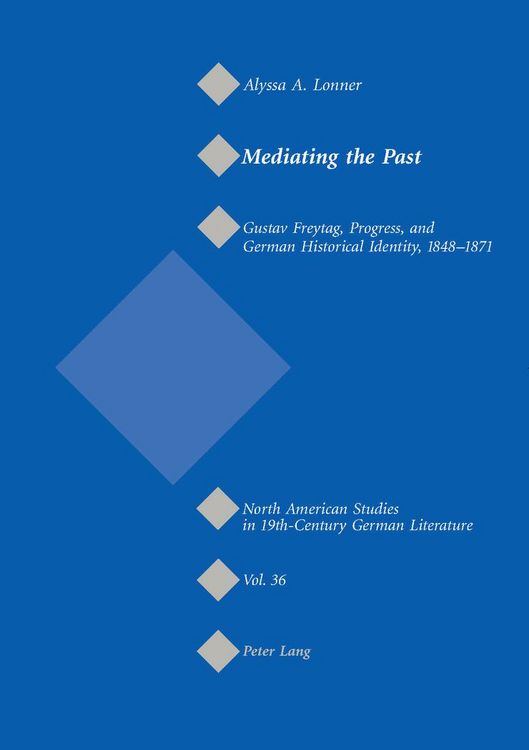 Band 36
Band 36Alyssa Lonner
Mediating the PastBuch
57,95 €
-
Gustav Freytag and the Prussian Gospel von Larry L. Ping
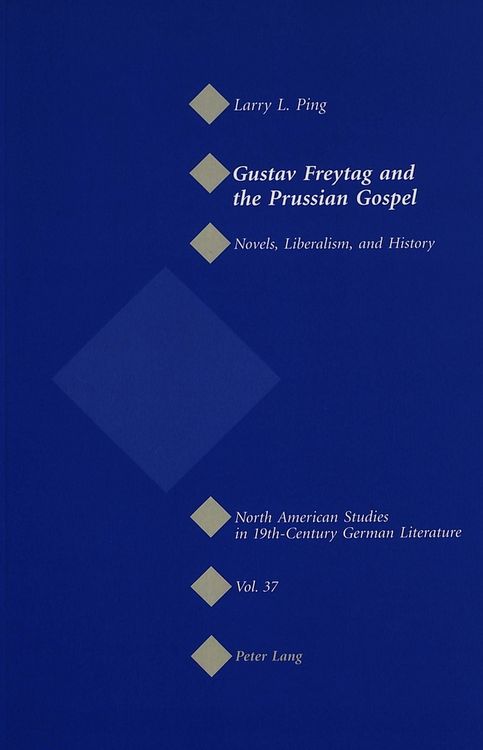 Band 37
Band 37Larry L. Ping
Gustav Freytag and the Prussian GospelBuch
98,55 €
-
On the Seventh Solitude von Rohit Sharma
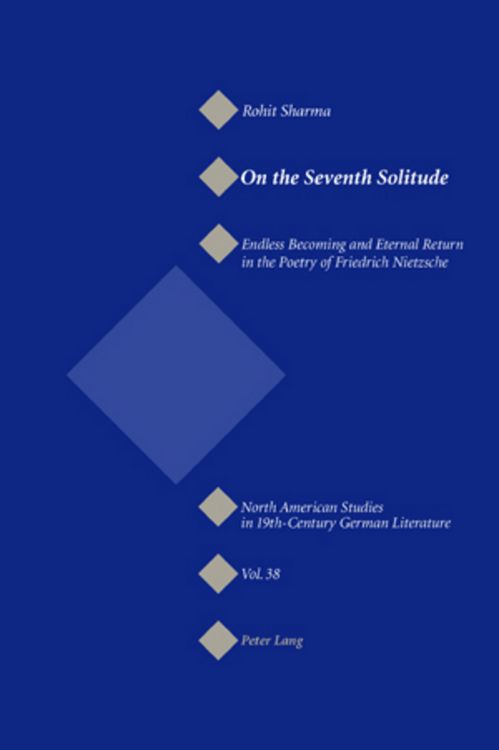 Band 38
Band 38Rohit Sharma
On the Seventh SolitudeBuch
87,30 €
-
Between National Fantasies and Regional Realities von Arne Koch
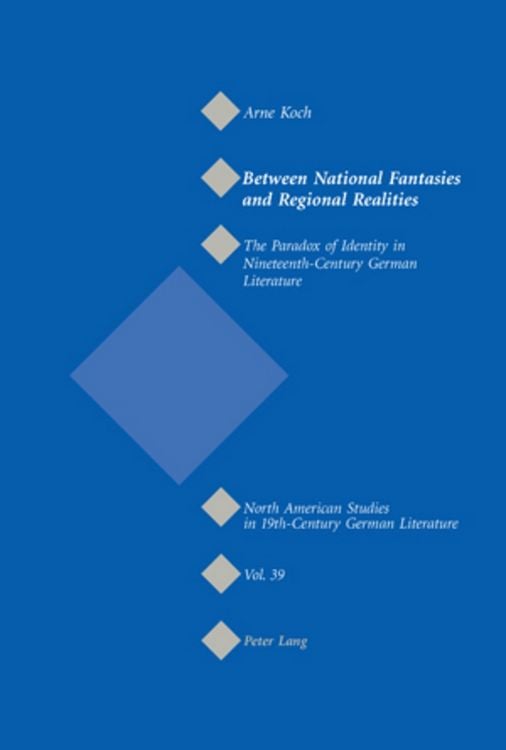 Band 39
Band 39Arne Koch
Between National Fantasies and Regional RealitiesBuch
71,80 €
-
Challenging Separate Spheres von Marjanne Goozé
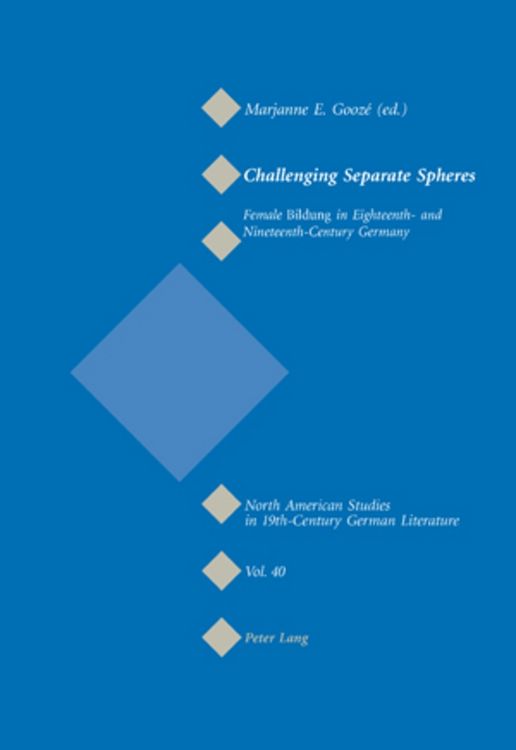 Band 40
Band 40Marjanne Goozé
Challenging Separate SpheresBuch
87,30 €
-
Trials and Tribunals in the Dramas of Heinrich von Kleist von Kim I. Fordham
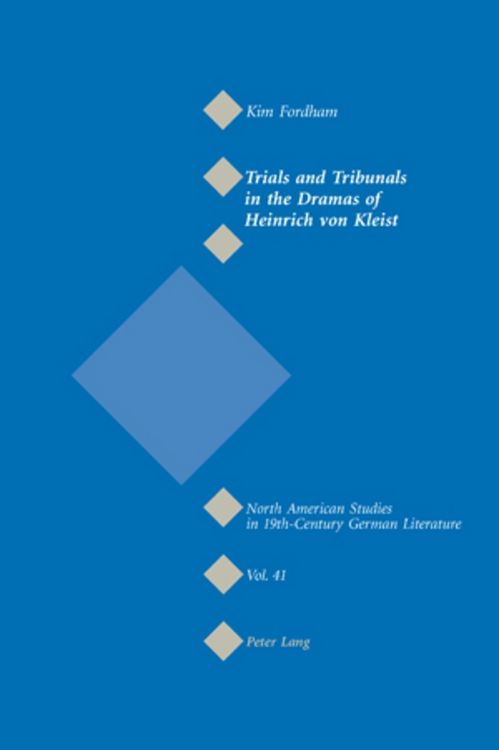 Band 41
Band 41Kim I. Fordham
Trials and Tribunals in the Dramas of Heinrich von KleistBuch
56,35 €
-
The Intersection of Material and Poetic Economy von Anna Helm
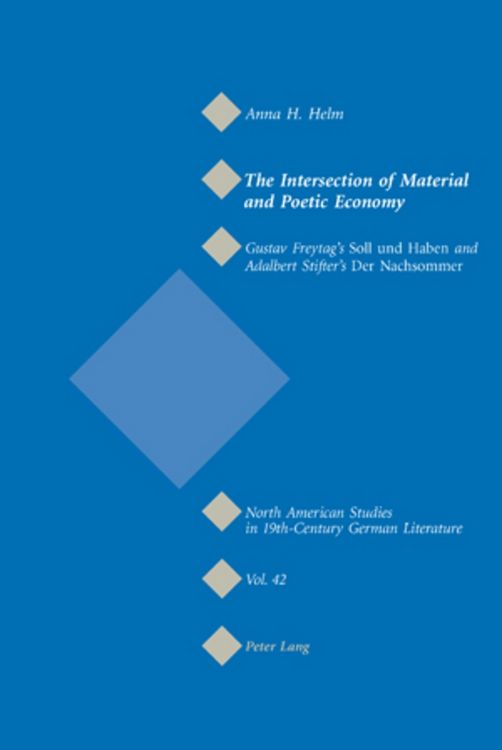 Band 42
Band 42Anna Helm
The Intersection of Material and Poetic EconomyBuch
60,50 €
-
Drama and «Ideenschmuggel» von K. Scott Baker
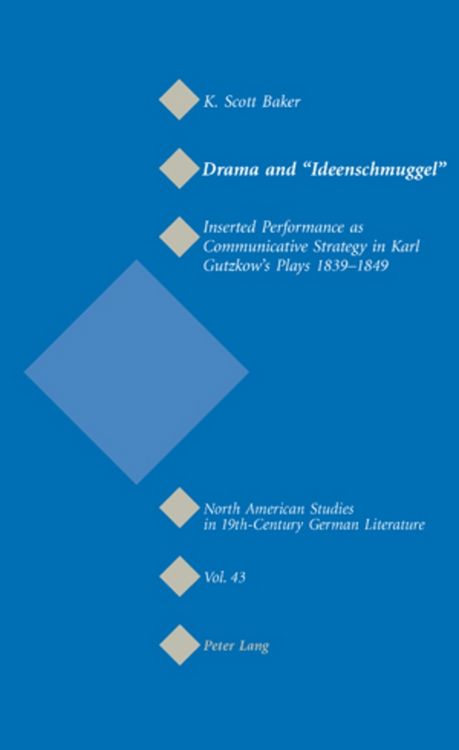 Band 43
Band 43K. Scott Baker
Drama and «Ideenschmuggel»Buch
61,95 €
-
Public Voices von Karin Baumgartner
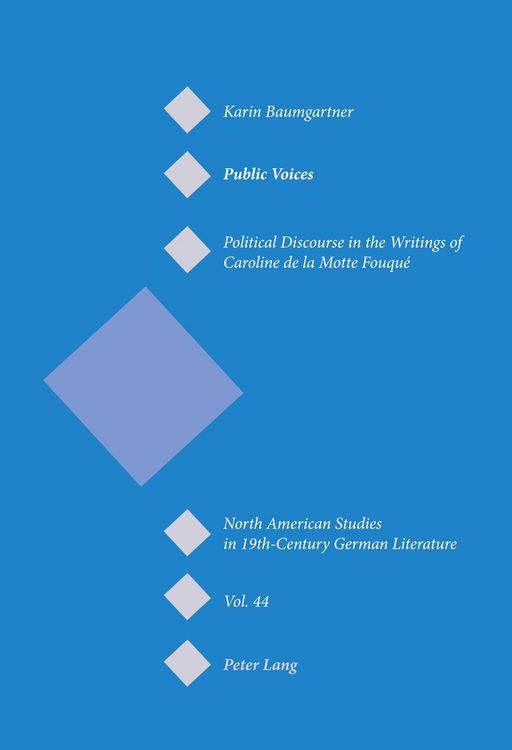 Band 44
Band 44Karin Baumgartner
Public VoicesBuch
57,95 €
Unsere Kundinnen und Kunden meinen
Verfassen Sie die erste Bewertung zu diesem Artikel
Helfen Sie anderen Kund*innen durch Ihre Meinung
Kurze Frage zu unserer Seite
Vielen Dank für dein Feedback
Wir nutzen dein Feedback, um unsere Produktseiten zu verbessern. Bitte habe Verständnis, dass wir dir keine Rückmeldung geben können. Falls du Kontakt mit uns aufnehmen möchtest, kannst du dich aber gerne an unseren Kund*innenservice wenden.
zum Kundenservice